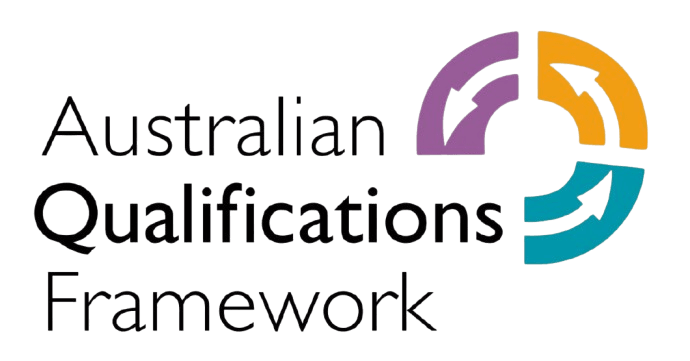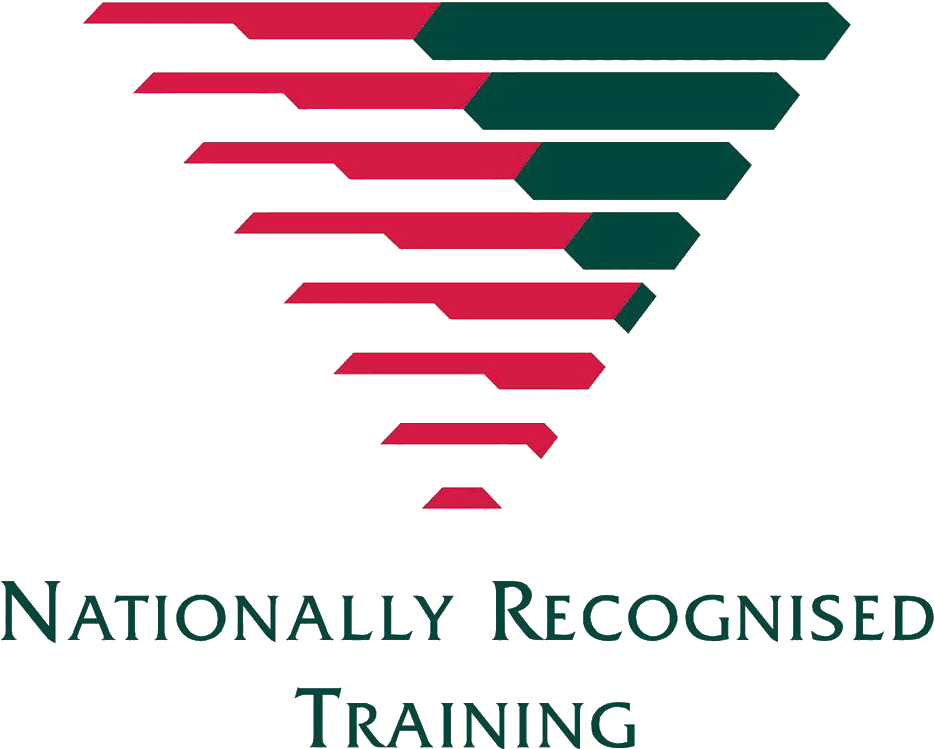CHC30121 Certificate III in Early Childhood Education and Care
- 52 weeks
- all levels
- lessons
- quiz
- students
This qualification reflects the role of educators in early childhood education and care who work in regulated children’s education and care services in Australia. They support children’s wellbeing, and development in the context of an approved learning framework. Educators use a range of well-developed skills and knowledge using discretion and judgment when carrying out their work in the context of established policies and procedures. They may work independently or under the guidance of others, though in some contexts that guidance may not be on-site.
Early childhood educators work in long day care centres, family day care, pre-schools, or kindergartens.
To achieve this qualification, the individual must have completed a total of least 160 hours of work in a regulated children’s education and care service in Australia as detailed in the Assessment Requirements of units of competency. The total number of hours may be applied collectively across all units of competency that include the requirement for workplace hours.
No occupational licensing, certification or specific legislative requirements apply to this qualification at the time of publication.
Under the Education and Care Services National Law (2011) the Australian Children’s Education and Care Quality Authority (ACECQA) publishes lists of approved early childhood education and care qualifications and information regarding regulatory requirements here: www.acecqa.gov.au.
Core Units
| CHCECE030 | Support inclusion and diversity |
| CHCECE031 | Support children’s health, safety and wellbeing |
| CHCECE032 | Nurture babies and toddlers |
| CHCECE033 | Develop positive and respectful relationships with children |
| CHCECE034 | Use an approved learning framework to guide practice |
| CHCECE035 | Support the holistic learning and development of children |
| CHCECE036 | Provide experiences to support children’s play and learning |
| CHCECE037 | Support children to connect with the natural environment |
| CHCECE038 | Observe children to inform practice |
| CHCECE054 | Encourage understanding of Aboriginal and/or Torres Strait Islander peoples’ cultures |
| CHCECE055 | Meet legal and ethical obligations in children’s education and care |
| CHCECE056 | Work effectively in children’s education and care |
| CHCPRT001 | Identify and respond to children and young people at risk |
| BSBTWK503 | Manage meetings |
| HLTAID012 | Provide First Aid in an education and care setting |
| HLTWHS001 | Participate in work health and safety |
Electives
| CHCPRP003 | Reflect on and improve own professional practice |
| BSBPEF502 | Develop and use emotional intelligence |
This course is targeted at international students who are:
- seeking to pursue or further a career as an educator
- seeking to enter a new industry sector
- seeking a pathway to higher level qualifications
Childhood Education and Care Setting
Child Care Worker
International students must:
- Be at least 18 years of age and have completed the equivalent of Year 12.
- Participate in a course entry interview to determine suitability for the course and student needs.
- Have an IELTS* score of 6.0 (test results must be no more than 2 years old). English language competence can also be demonstrated through documented evidence of any of the following:
- Educated for 5 years in an English-speaking country or
- successful completion of an English Placement Test.
*Note that other English language tests such as PTE and TOEFL can be accepted. Students are required to provide their results so that it can be confirmed they are equivalent to IELTS 6.0.
Duration: 52 weeks, including 40 study weeks and 12 weeks of holidays.
20 Hours of training
Students who complete this course may wish to continue their education into the CHC50121-Diploma of Early Childhood Education and Care, a range of other Advanced Diplomas or higher education qualifications in Education care settings.
Work placement assistance is available through our third-party agreement provider, Skill Trak.


Course Guides
- Qualification Name
- Certificate III in Early Childhood Education and Care
- National Code
- CHC30121
- CRICOS Course Code
- 114464J
- Duration
- 52 weeks
Price Breakdown
- Enrolment Fee
- $250
- Material Fee
- $750
- Course Fee
- $12,000
- Note: Enrolment is Non-Refundable
Share this Course

